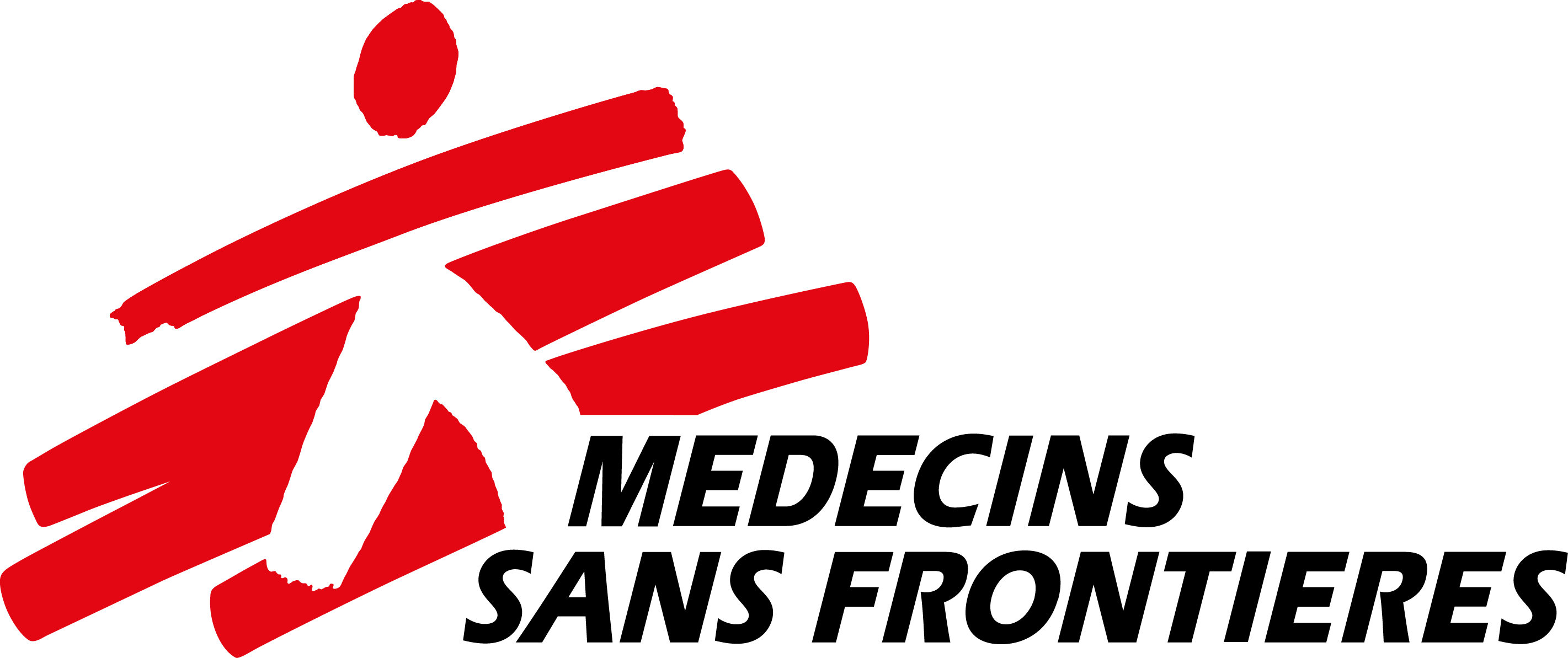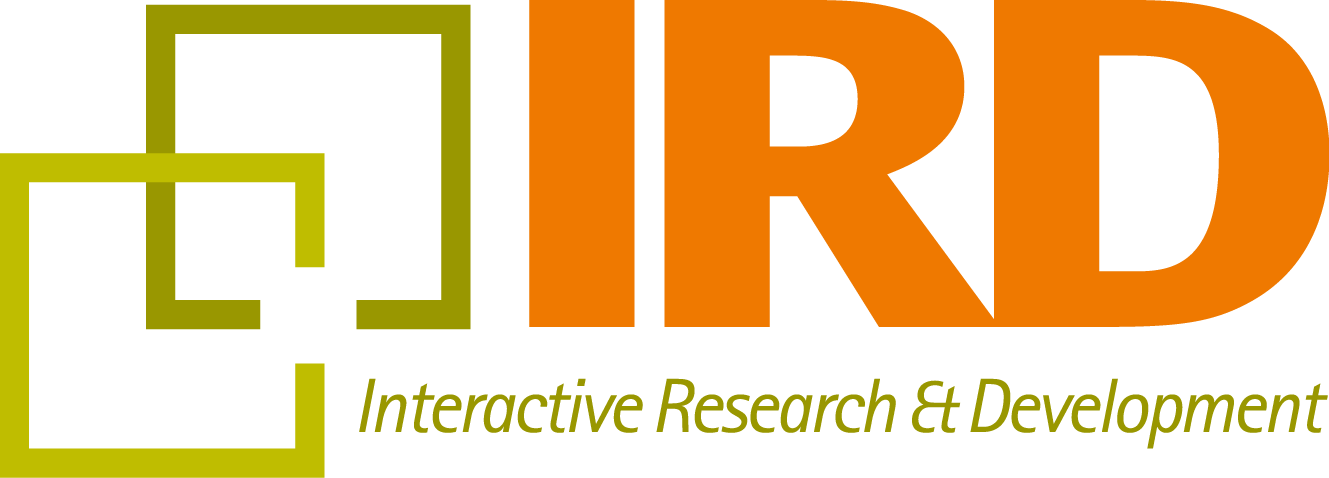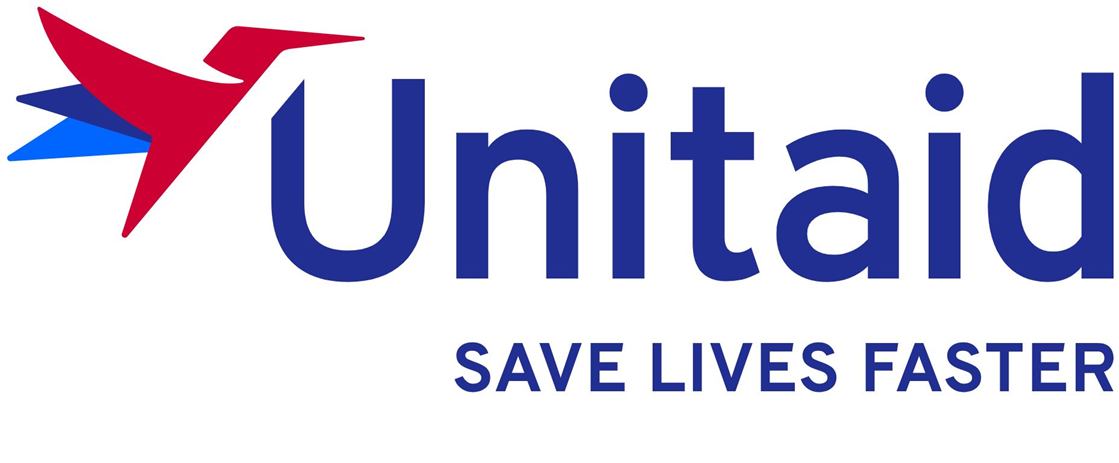ABSTRACT
Clarity about the role of delamanid in longer regimens for multidrug-resistant TB is needed after discordant Phase IIb and Phase III randomized controlled trial results. The Phase IIb trial found that the addition of delamanid to a background regimen hastened culture conversion; the results of the Phase III trial were equivocal. We evaluated the effect of adding delamanid for 24 weeks to three-drug MDR/RR-TB regimens on two- and six-month culture conversion in the endTB observational study. We used pooled logistic regression to estimate the observational analogue of the intention-to-treat effect (aITT) adjusting for baseline confounders and to estimate the observational analogue of the per-protocol effect (aPP) using inverse probability of censoring weighting to control for time-varying confounding. At treatment initiation, 362 patients received three likely effective drugs (delamanid-free) or three likely effective drugs plus delamanid (delamanid-containing). Over 80% of patients received two to three Group A drugs (bedaquiline, linezolid, moxifloxacin/levofloxacin) in their regimen. We found no evidence the addition of delamanid to a three-drug regimen increased two-month (aITT relative risk: 0.90 (95% CI: 0.73–1.11), aPP relative risk: 0.89 (95% CI: 0.66–1.21)) or six-month culture conversion (aITT relative risk: 0.94 (95% CI: 0.84, 1.02), aPP relative risk: 0.93 (95% CI: 0.83, 1.04)). In regimens containing combinations of three likely effective, highly active anti-TB drugs the addition of delamanid had no discernible effect on culture conversion at two or six months. As the standard of care for MDR/RR-TB treatment becomes more potent, it may become increasingly difficult to detect the benefit of adding a single agent to standard of care MDR/RR-TB regimens. Novel approaches like those implemented may help account for background regimens and establish effectiveness of new chemical entities.
Access the full article here:
Resource type
Topics




